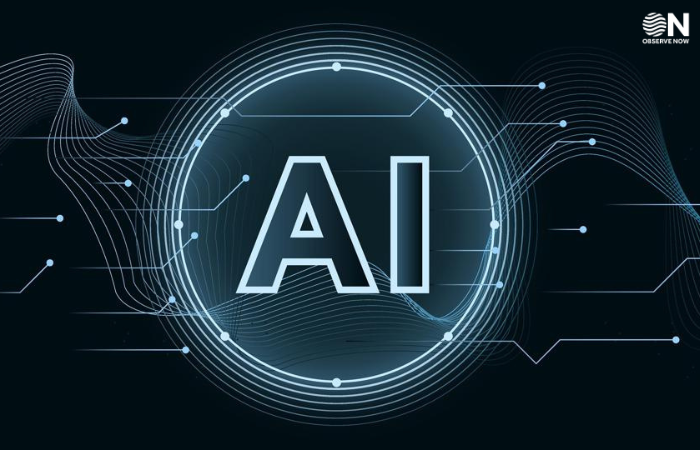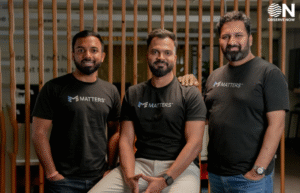If AI Doesn’t Kill Your Company, It Will Make It Stronger, Study Shows

A study presented at a European Central Bank (ECB) conference reveals that companies adopting artificial intelligence (AI) may initially struggle with declining productivity but can emerge stronger in the long run—if they survive the transition.
Researchers analyzed U.S. Census Bureau data from 2017 to 2021 and found that early AI adopters in manufacturing experienced an initial drop in productivity as they replaced human workers with robots. This contradicts the common belief that AI immediately boosts efficiency and enhances jobs rather than eliminating them.
“In the short term, we see a lot of pain,” said Kristina McElheran, a University of Toronto researcher and study co-author. She explained that AI disrupted traditional practices like inventory management, causing temporary setbacks. However, firms that endured the upheaval ultimately saw gains in sales growth, productivity, and employment.
Older, larger companies struggled more with AI integration, often failing to recover as effectively as their younger counterparts. The study examined 30,000 firms, where AI adoption rose from 7.5% to 9.1% over the study period.
ECB President Christine Lagarde noted that while AI exposure affects 23% to 29% of European workers, it does not necessarily signal a “job apocalypse.” She emphasized that AI is likely to create new opportunities even as it disrupts traditional roles.
















